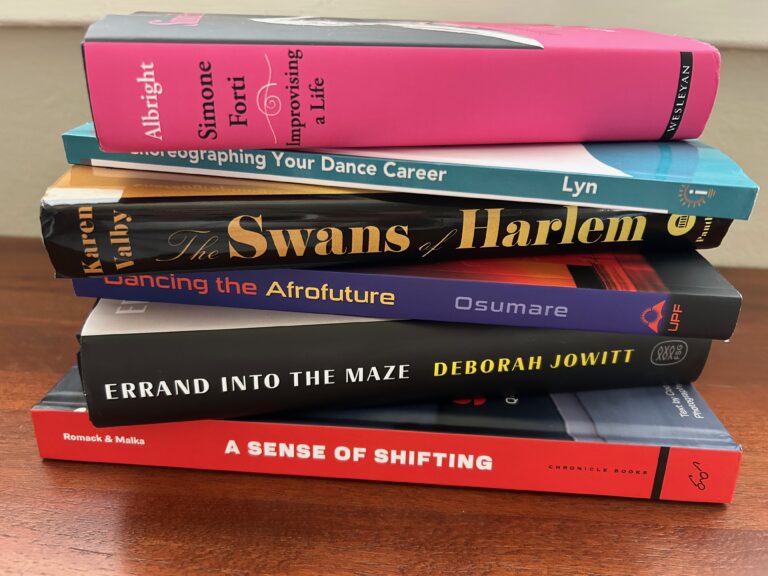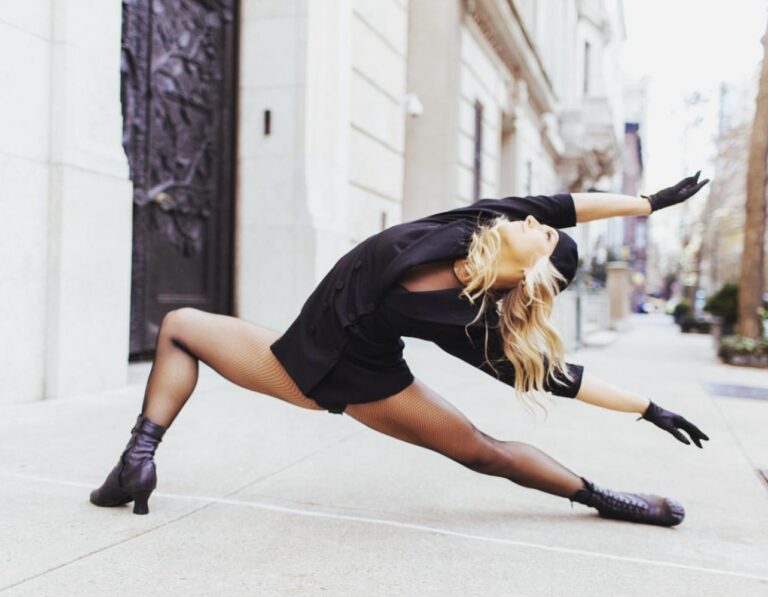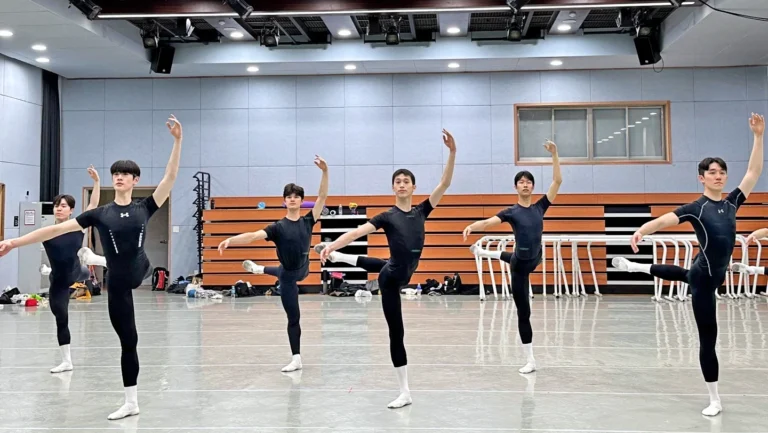Royal Dance Works’ senior dancers
“PBS Newshour” recently featured an interesting segment about performing artists in today’s economy and the need to become more business-minded. Dancers, singers and musicians are being forced to break away from the stigma of pure art and “dirty” business. “Yes, it is an art, but it also is a business,” says William Baker, former New York PBS president and teacher of Juilliard’s first-ever course on business for performing artists. “They have to understand that if they’re going to make it. It’s that simple.” If that’s true, then why is it so hard for performers and teachers alike to come to terms with working for a profit?
We spoke to Dance Teacher Summit ambassador Carole Royal of Royal Dance Works in Phoenix, Arizona, about this very issue. It seems many studio owners are plagued by guilt when it comes to making a livelihood of their passion for dance education. Read on for excerpts from the conversation, and don’t miss Royal’s studio business seminar two weeks from now at the 2013 DT Summit in New York City.
Dance Teacher: During the 2012 DT Summit, you led a talk called “Dance Is a Business.” Why do studio owners need to be reminded of that?
Carole Royal: If you’re working in a typical business, you expect to make a profit, but when it’s something you love, you feel guilty making money. When I first started teaching, I couldn’t stand to charge people. I can’t tell you how much I gave away for free. As a result, I spent many years not doing well.
DT: What should studio owners consider as they take their first steps toward becoming more business-minded?
CR: Anything you change, just make sure you do it gradually. If your performance kids have never paid a fee on top of their classes, you can’t jump in and demand $350 extra. Start with maybe $50 and then build from there.
Carole Royal, DT Summit ambassador
I used to have parents pay a costume deposit up front with the balance due in May, and it was always a hassle to collect. When I made the change to paying in full in the fall, a lot of people complained. We didn’t say, “Too bad, too sad.” We explained that it was something a lot of other studios around the country did and asked them to bear with us while we tried it out. Well, everybody was ecstatic when they didn’t have to pay a balance in May. Nobody says a word about the policy now. But you almost always have to go through a rough patch the first year. Just remember to be careful with your customers. Treat them the way you’d like to be treated.
Check out May 2013 DT for the full interview, including Royal’s recommendations for business books-on-tape!
Photos by Dustin Curtis, courtesy of Carole Royal




